So Tight They Squeak When They Walk
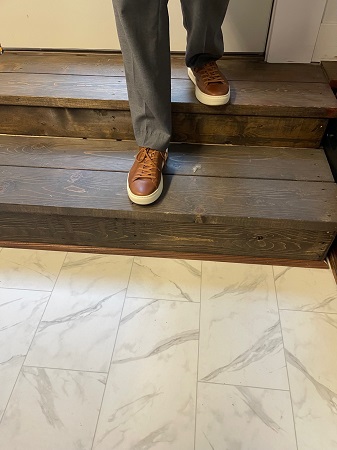 One of my high school teachers could never sneak up on our class. We could hear his squeaky shoes from the far end of the hall. He was not like some people who are so tight they squeak when they walk. He simply had squeaky shoes.
One of my high school teachers could never sneak up on our class. We could hear his squeaky shoes from the far end of the hall. He was not like some people who are so tight they squeak when they walk. He simply had squeaky shoes.
So tight they squeak when they walk means extremely stingy.
Similar expressions include:
- Tightwad
- Tightfisted
- Cheapskate
- Tight as bark on a tree
Turning loose of money or possessions hurts such people worse than a toothache. They refuse to give to others. Often, they fail to buy what they need themselves. They suffer rather than let go of what they own.
People so tight they squeak when they walk go far beyond thrifty.
Thrifty people save for a rainy day. They remain ready for emergencies. However, they also spend as needed now. Those so tight they squeak when they walk don’t want to spend even when emergencies arise.
They can’t take it with them, so why hang on so tightly now?
How sad to never experience the joy of sharing. Both they and a world of others lose when they ignore opportunities for good.
The owner becomes the owned.
“Command those who are rich in this present world not to be arrogant nor to put their hope in wealth, which is so uncertain, but to put their hope in God, who richly provides us with everything for our enjoyment” (1 Timothy 6:17 NIV).
Thanks to J.D. Wininger for the suggestion and to Laura Mitchell Wilds and Billy Joe Douglas with Mitchell’s for the photo.
Do you have an expression you want explained or thoughts about this one? If so, please comment below.
Subscribe to receive my weekly posts by email and receive a free copy of “Words of Hope for Days that Hurt.”
If you enjoyed this post, please share it with your friends.
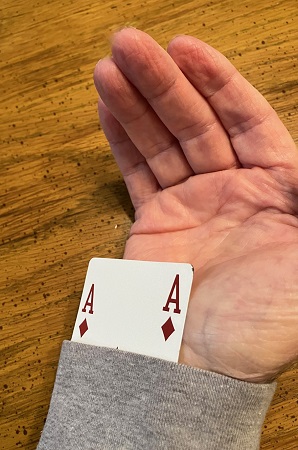
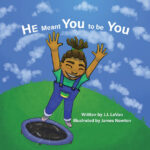
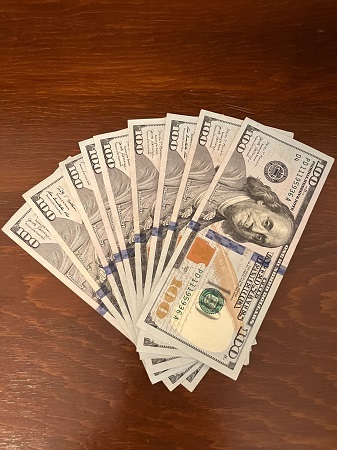



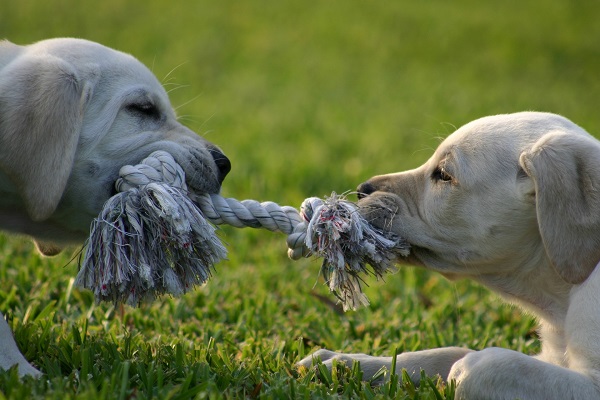


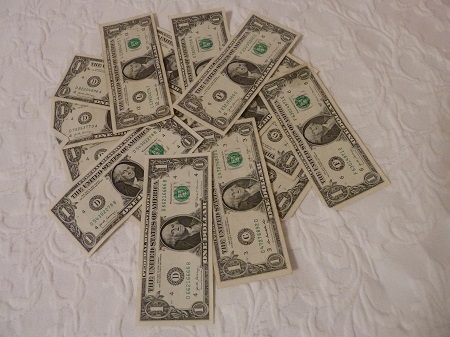
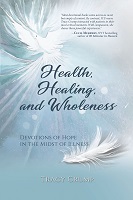
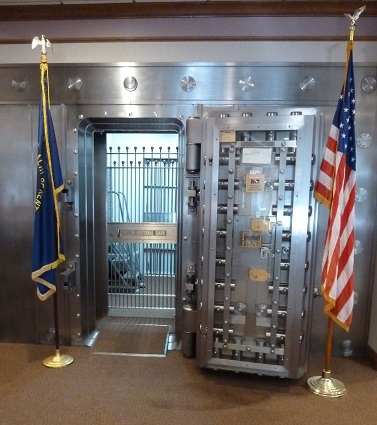 If someone pays us by check, we take it to the bank. The check promises money.
If someone pays us by check, we take it to the bank. The check promises money.